China's economy has slipped into deflation after consumer prices fell for the first time since early 2021, underscoring the challenges policymakers face in reviving demand.
China's consumer price index (CPI), a key gauge of inflation, fell 0.3 percent year-on-year in July after remaining unchanged in June, official data released by the National Bureau of Statistics (NBS) showed on August 9.
The country's producer price index (PPI, a measure of the price of goods as they leave the factory gate) also fell for the tenth consecutive month to 4.4% from a year earlier, after falling 5.4% in June.
China has been on the brink of deflation for months as consumer spending has not recovered as strongly as expected, despite authorities lifting pandemic restrictions from early 2023.
“The Chinese economy is now at serious risk of sliding into deflation, which could have a major impact on growth and private sector confidence. The government needs to act quickly and decisively to lay the foundation for growth and curb deflation before the problem gets out of hand,” said Eswar Prasad, a China finance expert at Cornell University.
After lifting Covid-19 restrictions, Chinese policymakers have tried to boost confidence in the economy by cutting interest rates and offering tax incentives to businesses, but have stopped short of delivering major stimulus measures.
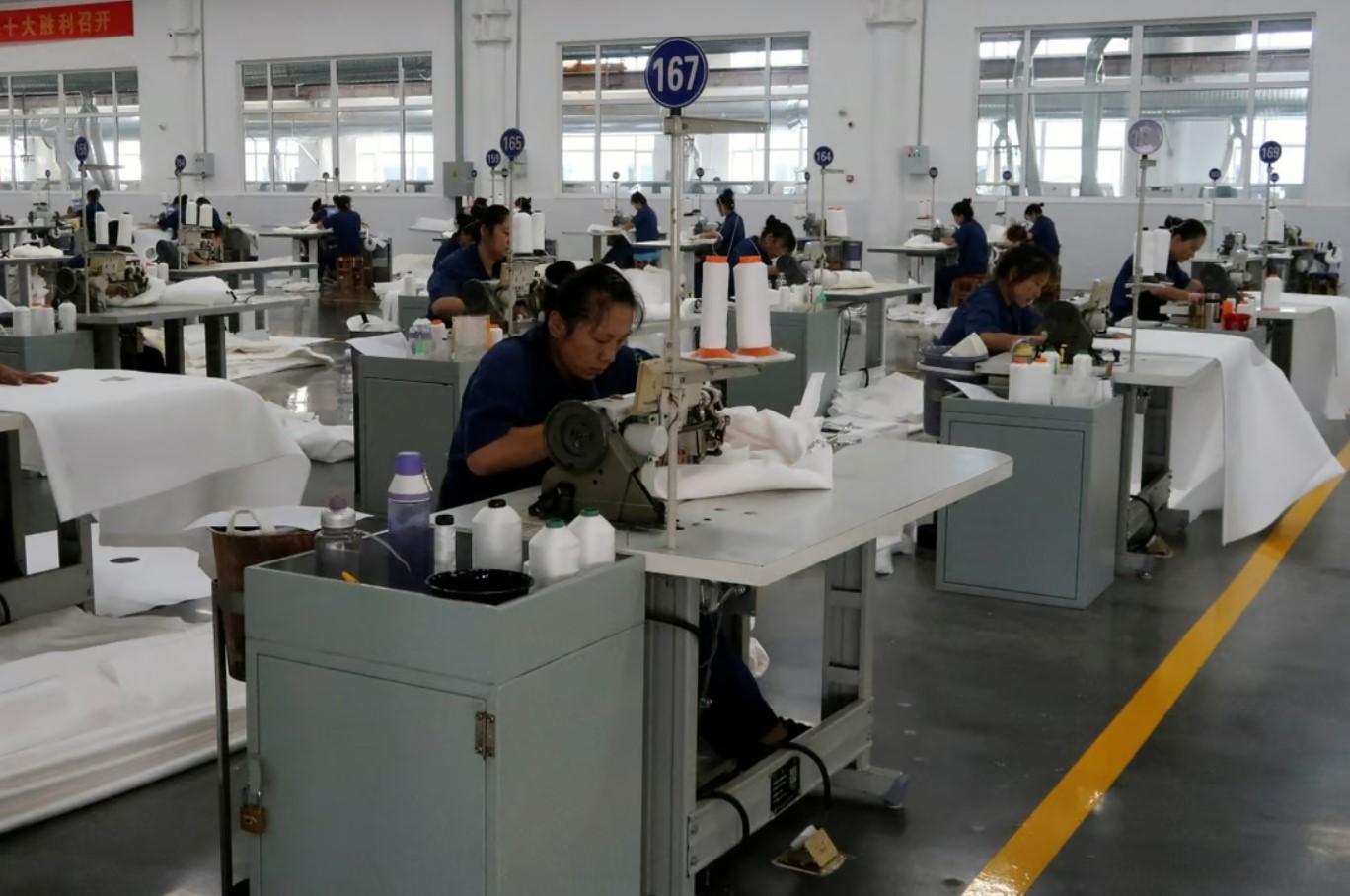
Weakening domestic demand has become a worrying issue for the Chinese economy. Photo: SCMP
The average consumer price inflation since the beginning of the year has been only 0.5%, much lower than the government's target inflation rate of 3% for this year, the NBS said.
Beijing’s 2023 gross domestic product growth target of 5%, the lowest in decades, was initially seen as overly conservative, but months of weak data have added to pessimism about the country’s growth prospects.
The world's second-largest economy grew just 0.8% in the first half of 2023, while data released on Aug. 8 showed exports fell 14.5% year-on-year in July, the sharpest decline since the start of the pandemic. Imports also fell 12.4% year-on-year, the biggest decline since January.
The inflation and trade figures are “a reflection of lower purchasing power and weak consumer confidence,” said Dan Wang, an economist at Shanghai-based Hang Seng Bank.
Consumer prices in China have been hit hard in recent years by pork prices (which fell 26% in July from a year earlier). Core inflation, which excludes volatile food and energy prices, rose 0.8% in July.
Producer prices, driven mainly by the cost of commodities and raw materials, have been mired in negative territory for the past 10 months, while manufacturing activity has shrunk for four straight months, reflecting waning demand for China's exports.
China needs more reforms and policy support to turn around its economy through measures such as increasing public spending, cutting interest rates and taxes, and improving the social safety net to boost consumption, analysts say .
Nguyen Tuyet (According to SCMP, Financial Times)
Source


![[Photo] Prime Minister Pham Minh Chinh receives delegation of leaders of US universities](https://vstatic.vietnam.vn/vietnam/resource/IMAGE/2025/3/31/8be7f6be90624512b385fd1690124eaa)
![[Photo] Speeding up construction of Ring Road 3 and Bien Hoa-Vung Tau Expressway](https://vstatic.vietnam.vn/vietnam/resource/IMAGE/2025/3/31/f1431fbe7d604caba041f84a718ccef7)

![[Photo] General Secretary To Lam receives US Ambassador to Vietnam Marc E. Knapper](https://vstatic.vietnam.vn/vietnam/resource/IMAGE/2025/3/31/5ee45ded5fd548a685618a0b67c42970)




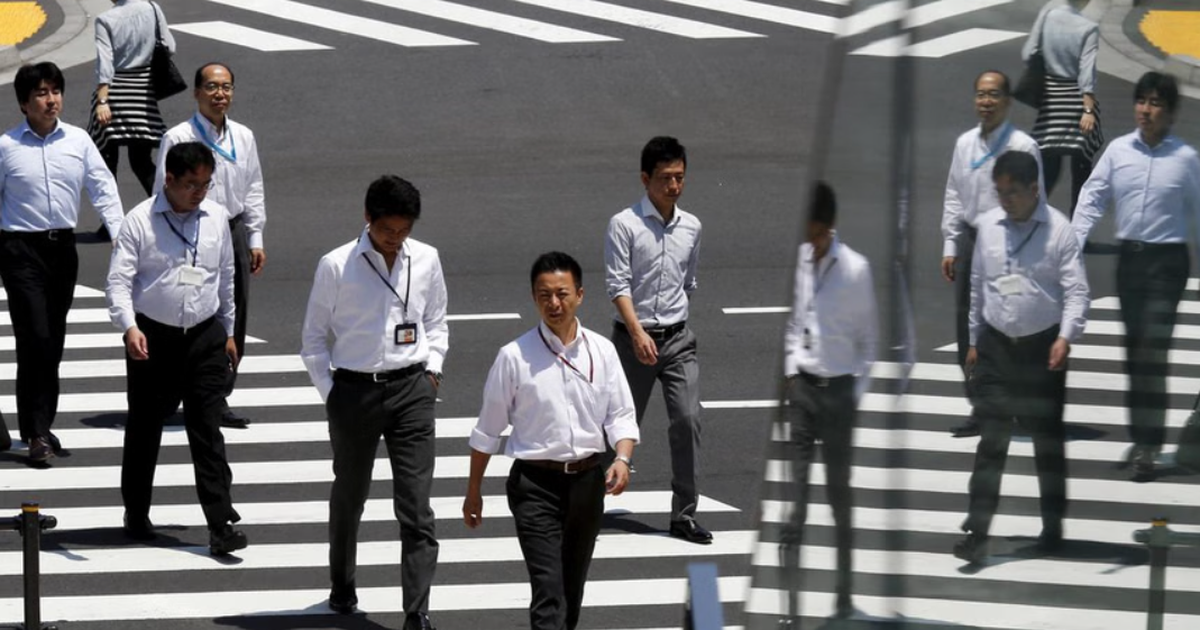
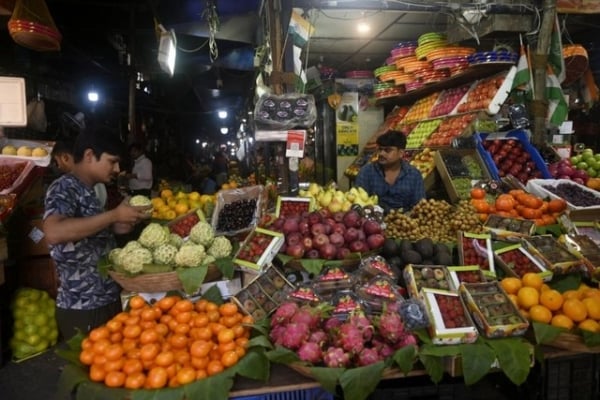



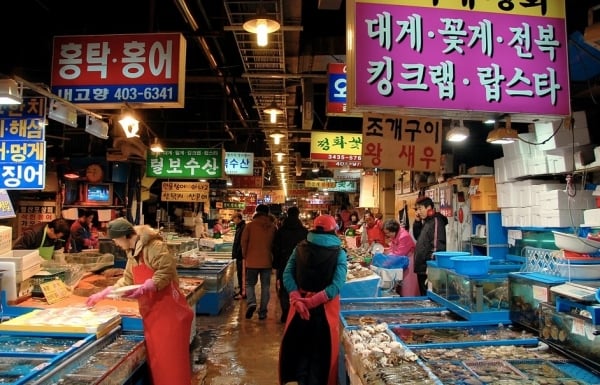
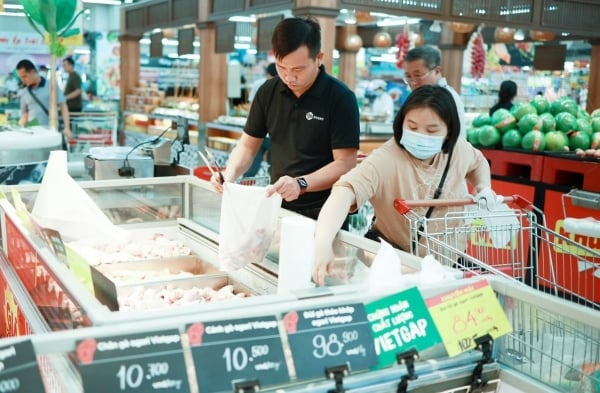
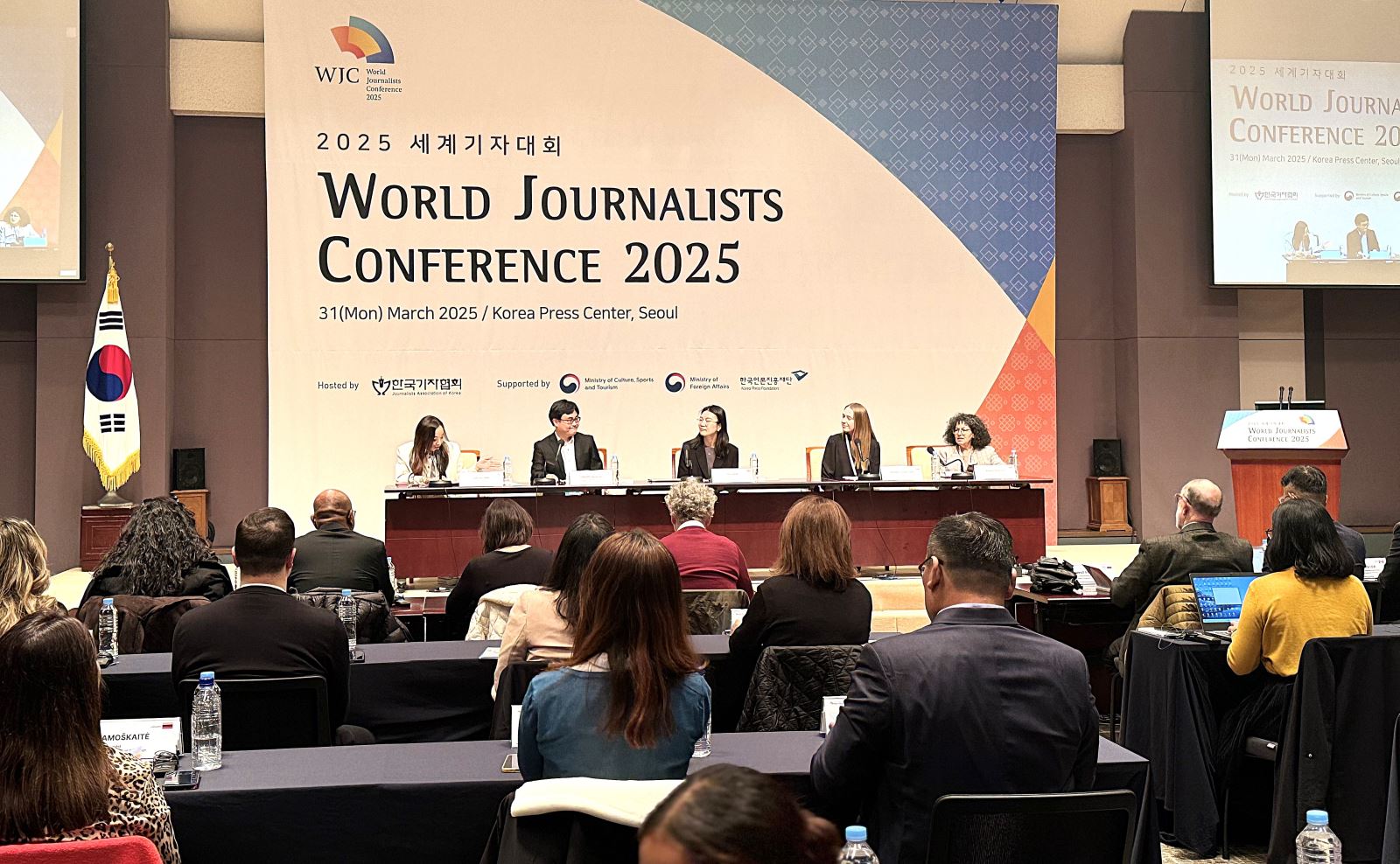



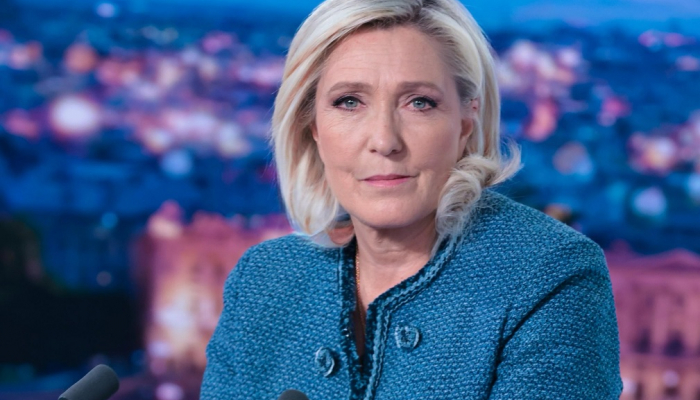










![[Photo] 2nd Conference of the Party Executive Committee of Central Party Agencies](https://vstatic.vietnam.vn/vietnam/resource/IMAGE/2025/3/31/8f85b88962b34701ac511682b09b1e0d)








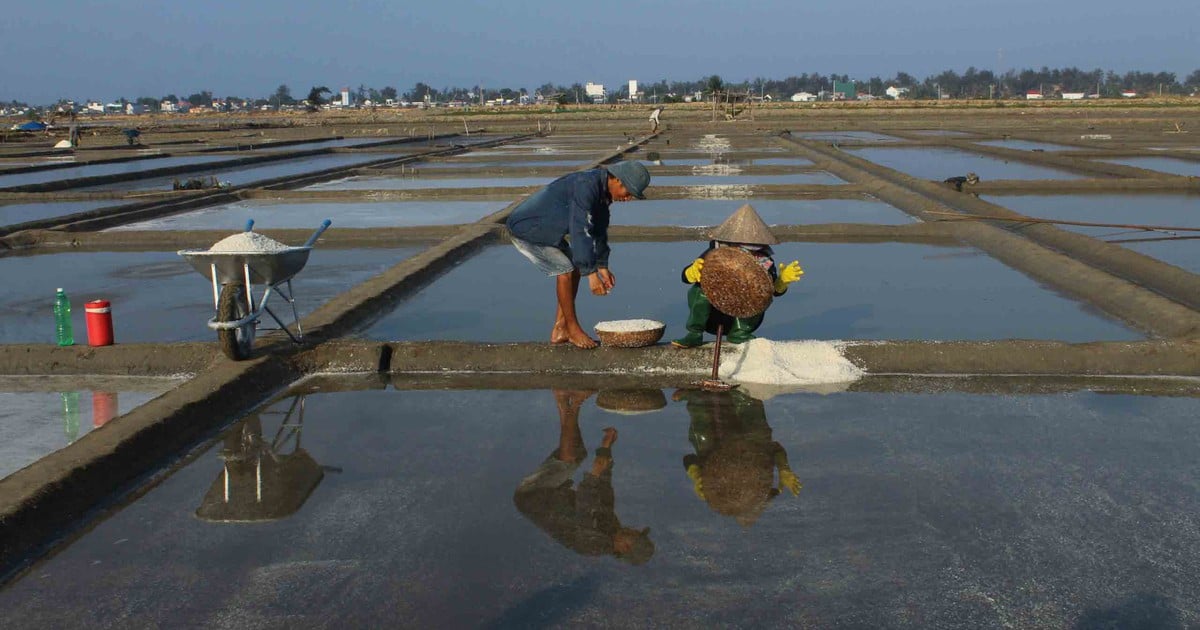



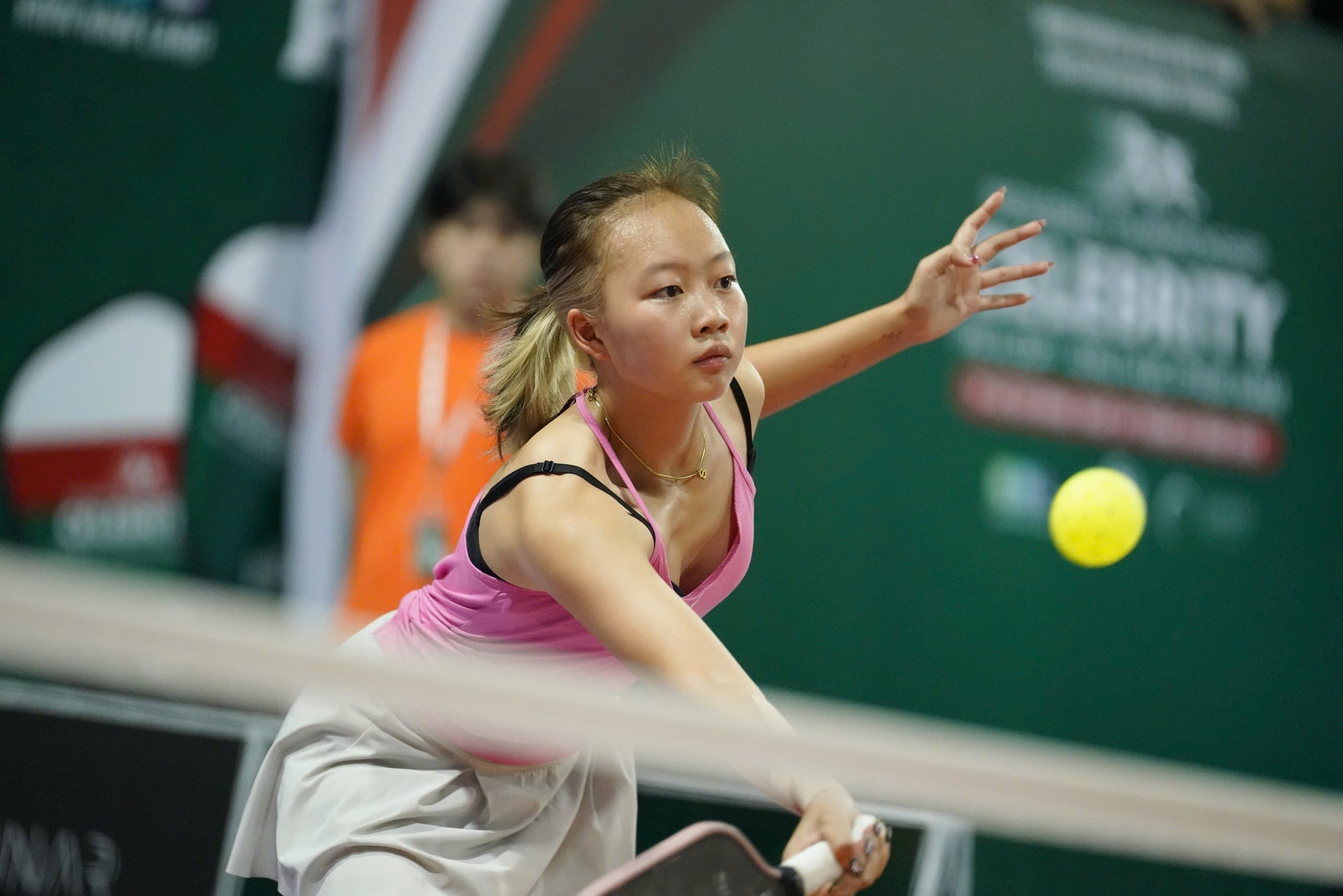
















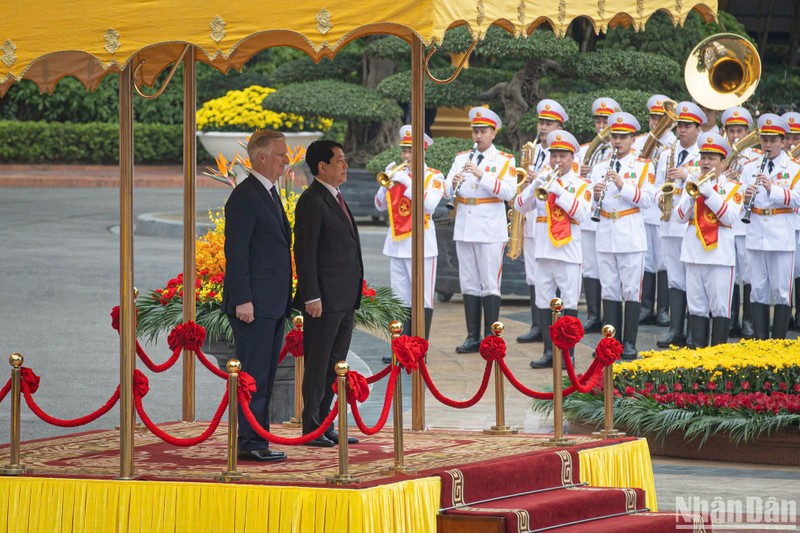

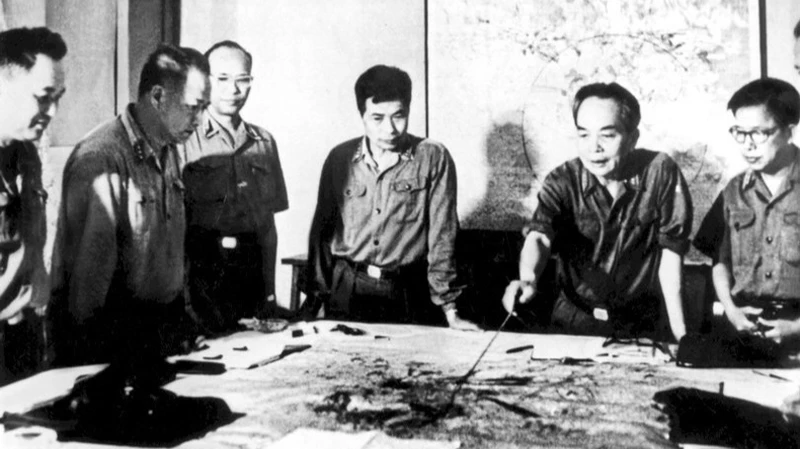
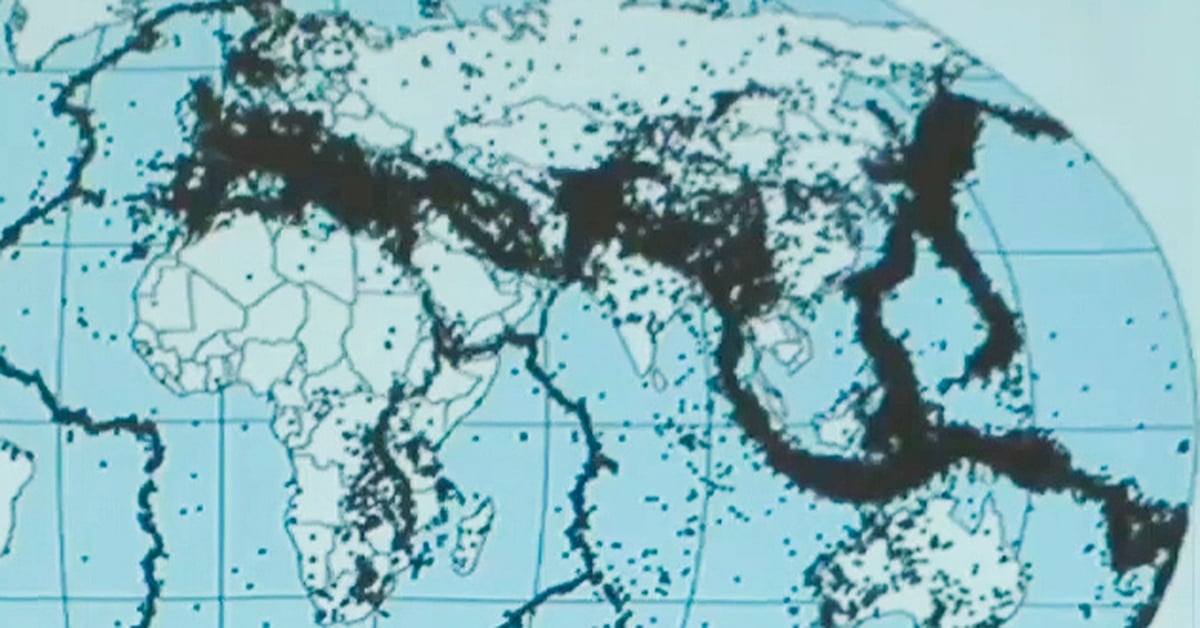

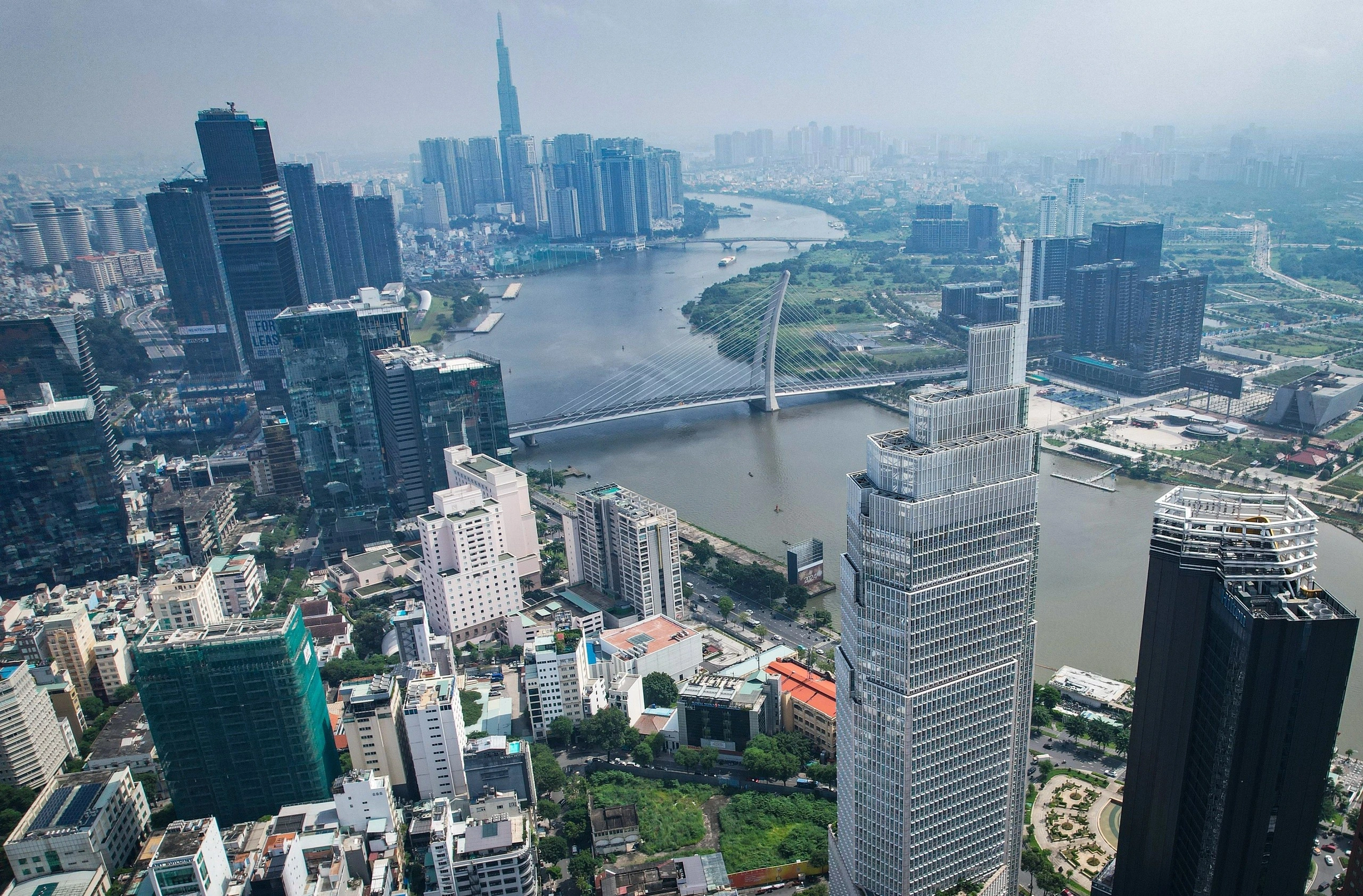




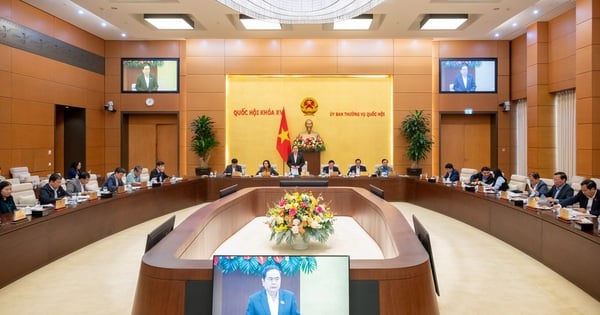
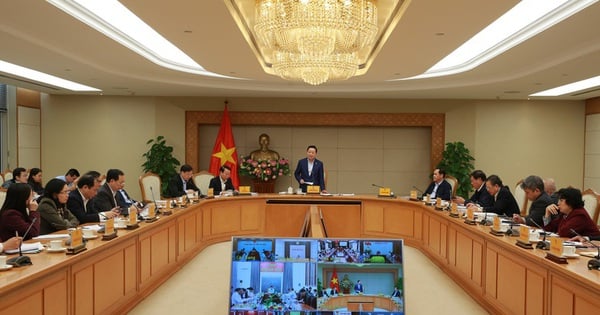




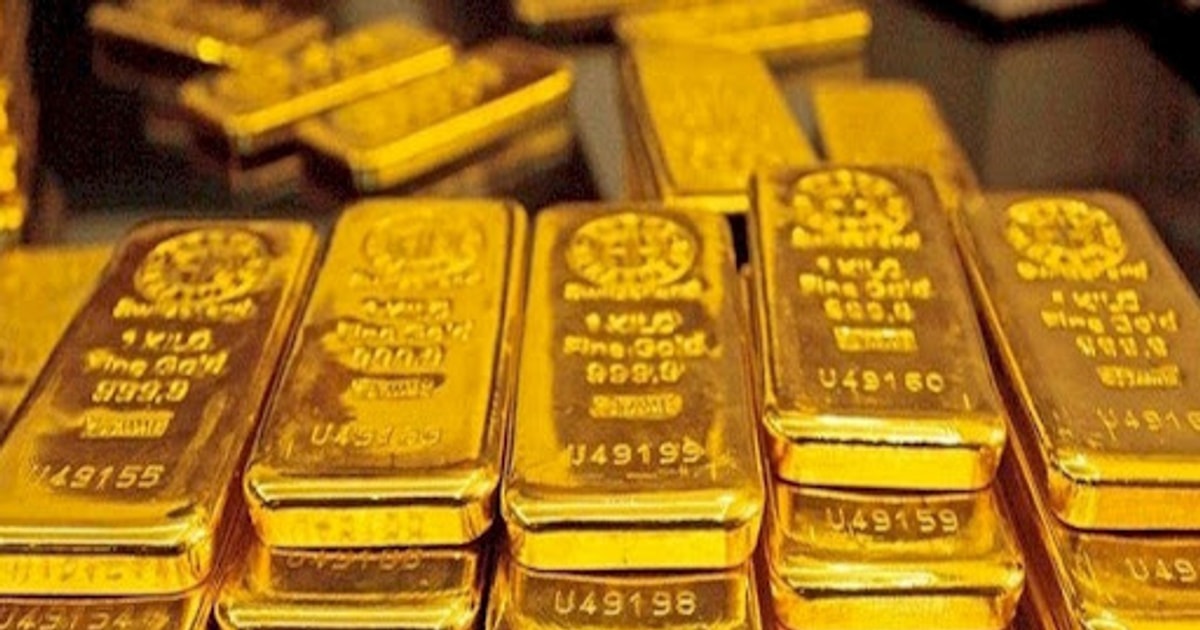
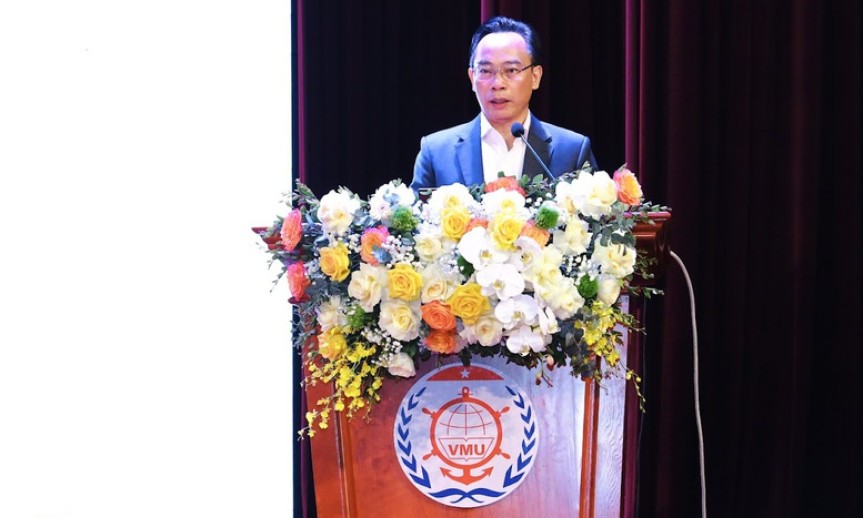


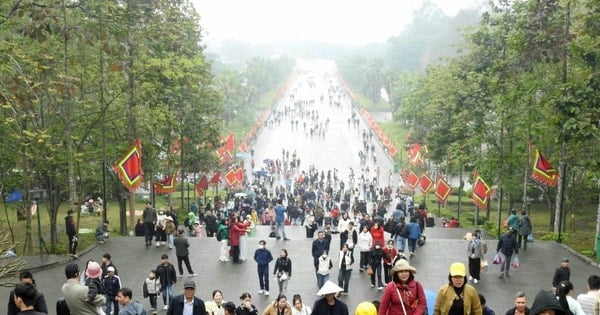













Comment (0)